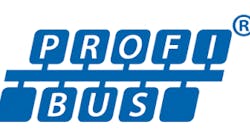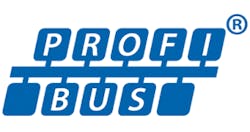Hilscher plans "coupler" between CC-Link IE and PROFINET
Subsequently, Hilscher has demonstrated its intent to bring the first coupler products to market, enabling both networks to seamlessly share information.With the new coupler, users can effectively achieve communication between differing parts of a line on separate networks, increasing transparency and integration, according to the maker. The simple bridge between the two
In particular, say participants, this will better enable companies to source best-of-breed machinery from different suppliers in different regions of the world, rather than feeling a need to compromise on functionality or performance simply for the convenience of maintaining a single network protocol. With CC-Link IE, an acknowledged technology leader in the Asian Market, and PROFINET being most prevalent in Europe, the new specification aims to simplify integration and increase freedom-of-choice for end users who source production machinery globally.
Hilscher business development manager Armin Pühringer says: “When CLPA and PIannounced their joint specification intentions, there was a call for technology leaders to apply their expertise to the development of the specification for the requisite coupler device. Hilscher has a long relationship with PROFINET technology and CC-Link based technologies, so it made good sense for us to get engaged in the common development of a specification for an interface between the two protocols. We have taken our competence in data handling at every level, and applied that competence to the development of the specification. This will be followed by our new coupler itself.”
By facilitating transparency and ease of integration across two of the global leaders in networking standards, Hilscher’s coupler also addresses goals of the transition to Industry 4.0 definitions of plant operations.
Hilscher displayed prototypes of the new device on the CLPA stand at the 2016 SPS/IPC/Drives fair in Nuremberg and again at SPS Italia in Parma in 2017. Hilscher will have prototypes with basic functionalities in October of this year, with a launch scheduled for Tokyo and Nuremberg in November. Full product release is expected near the end of the first quarter 2018.







